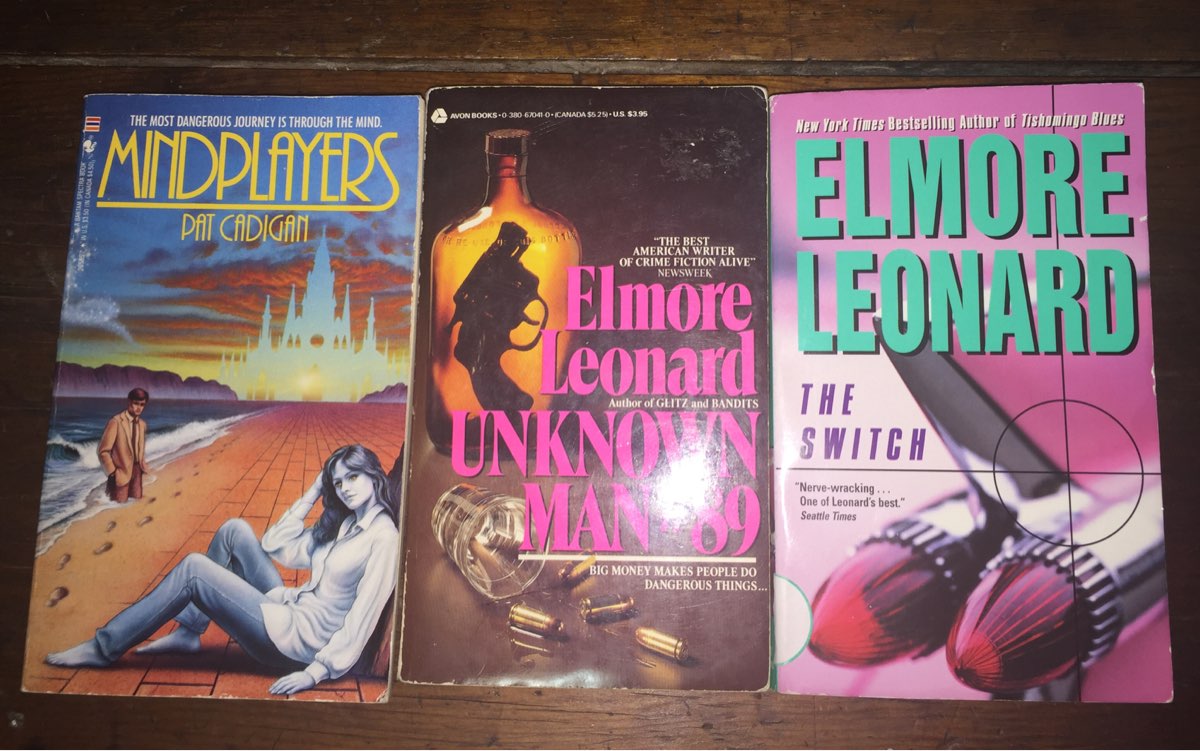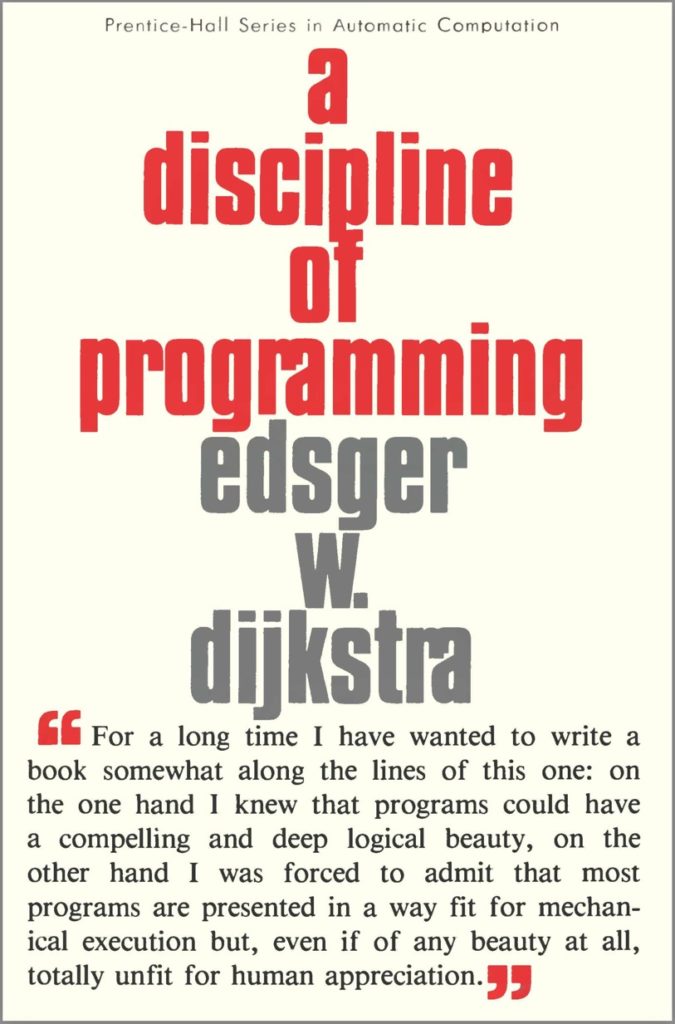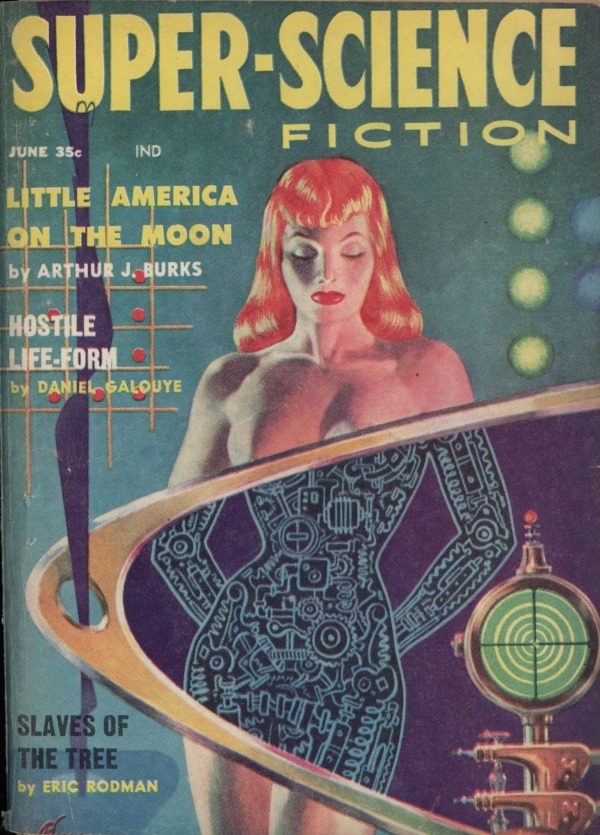It occurs to me after a number of rereads (now up to "Dagon") that Ruthanna and Anne there live a callow, sunlit, happy existence, don't really know much of the world, and have never read a history book. "He was as wrong about humanity as it’s possible to be without actually believing that we’re all sessile pebbles"1: No, he was not.
World War I, which informed most of Lovecraft's despair at Human stupidity and imminent extinction, was then exceeded by World War II in every kind of atrocity, and that was exceeded by the Communist states during the Cold War and beyond. There is no depravity or horror to which Humans will not sink given power and the ability to "other" people. "Kindly, liberal, crippled, New Deal" FDR imprisoned and robbed 120,000 Americans of Japanese ancestry; the Tuskegee syphilis experiment treated Black people as test animals. The KKK was still terrorizing and lynching in the South (still is, if smaller). It's still unsafe to walk or drive or stand around in Starbucks while Black in America. Immigrants and refugees are treated like unwanted vermin in every country. Humans murder each other over minor differences in skin color, birthplace, language, or what name to call some fairy tale god (or for saying it's a fairy tale). No joke, Humans blow up other Humans over cartoons of their prophet. Half of Americans voted for the Cheeto thing that squats and defecates in the White House.
Any notion that Howard's xenophobia is excessive for his time, or even now, is just delusional. He was an asshole about race, and perhaps about gender (very scant evidence, from a time when few male writers wrote women except as objects), but the distinction is that he was more literate and expressive of his bigotry, while the assholes next door just couldn't write about it coherently. If he'd been into politics, he'd have been the William Safire of his time. Somehow he found his way to the weird tale instead.
So when his narrators see the real owners of the Earth, and they're nothing like Humans, of course they flip out. What are Humans going to do when confronted with fish-frog-humanoid things, unspeaking but greater in intelligence, ancient and undying, worshipping gods (or godlike aliens) who provide true power? As in "Shadow over Innsmouth", bombing the Devil's Reef is a minimum possible freak-out. Somehow they pull back from provoking a full-out war with billions of living demigods, and the Deep Ones (being our moral superiors) are uninterested in great conquests of the land.
Howard does have characters who don't flip out at the alien, like the narrator and some other abductees in "Shadow Out of Time", but then when he's confronted with the truth of our imminent doom, he loses it.
I am extremely pessimistic about First Contact, and I expect that true AI will end very very badly for Humanity. Nobody's going to show up and say "You're totally ready to join the Federation of Nice Planets!"; we'll either meet Conquistadors, exterminators, or if we get to a lower-tech species first, victims. Ideally, alien contact would unify Humanity, but more likely every group will seek their own advantage and agenda.
As for the reread, I'm switching to publication order, then see if they or someone else has any commentary for a story. I've previously read some of ST Joshi's annotated books, but his apologies and delusions are just as annoying.


